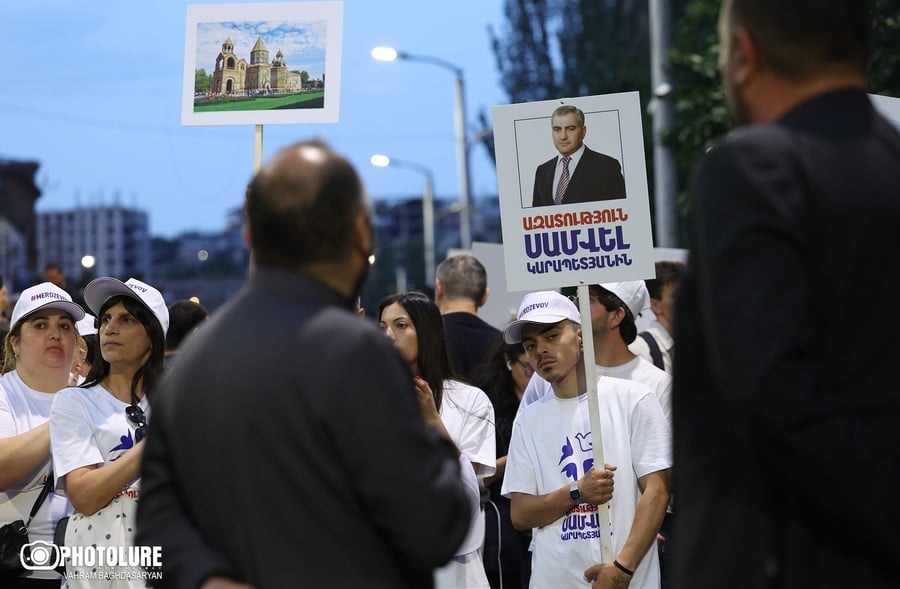Why can’t government propaganda find a “credible” clergyman willing to publicly condemn the imprisoned priests and the Catholicos of All Armenians? Because no serious clergyman in active service—no matter how sympathetic to Pashinyan or the Civil Contract party—is willing to openly and disrespectfully speak against fellow bishops, especially those who are currently imprisoned. And not because they’re afraid of losing their position. Clergy aren’t state employees. It’s a matter of ethics and solidarity.
By the same logic, I would never go on air and speak with contempt or humiliation about any media outlet—no matter how much I may dislike its publications. Unfortunately, this kind of solidarity tends to exist only within professional circles. The broader ethical norm is rare.
Consider this: a person is arrested for saying something as mild as, “We will fight to protect the Church in our own way.” Does it matter whether he is a millionaire or a taxi driver, whether he came from Russia or the U.S., whether he’s affiliated with a party or not, whether we like what he says or not? If tomorrow a member of the Civil Contract party—or even a loyal supporter of Pashinyan—is imprisoned for something they said (and why assume that won’t happen in the near future?), should our view of political repression suddenly change?
I am not a supporter of the ARF Dashnaktsutyun. I’m very far from nationalism. But does that mean I should celebrate when security forces raid the homes of party members under the Prime Minister’s fabricated “coup attempt” case?
Read also
One of the root problems, I believe, lies in the behavior of those who call themselves “liberals” and “pro-Europeans.” Many of them are not truly either. They are fully prepared to justify the most barbaric forms of dictatorship—as long as that dictatorship aligns with their political preferences.
It’s hard to find a clergyman willing to slander Archpriest Michael. But it’s disturbingly easy to find NGO members and self-proclaimed civil society figures who oppose any form of societal solidarity.
Aram ABRAHAMYAN




















































